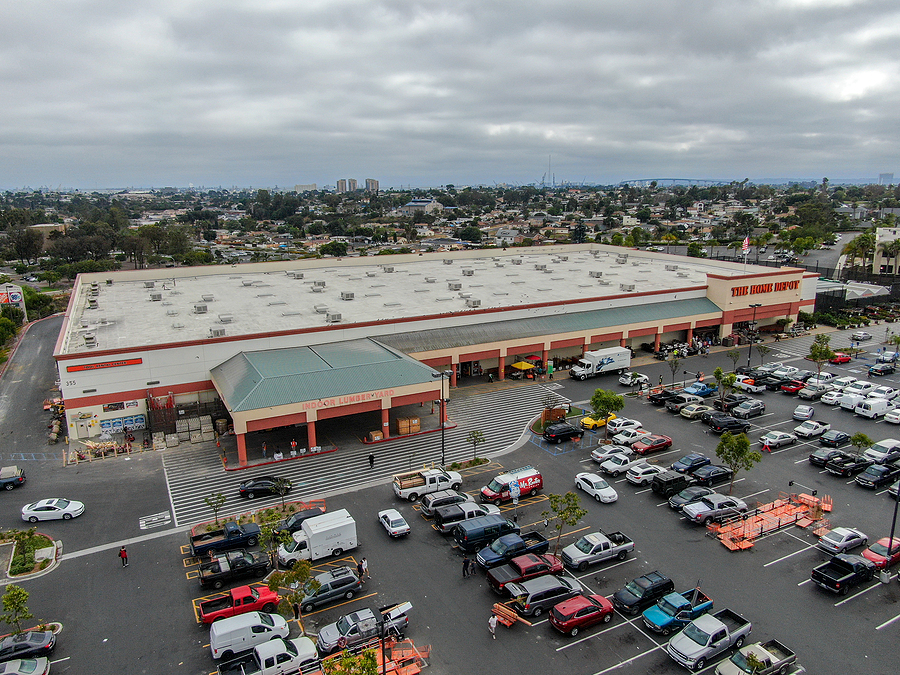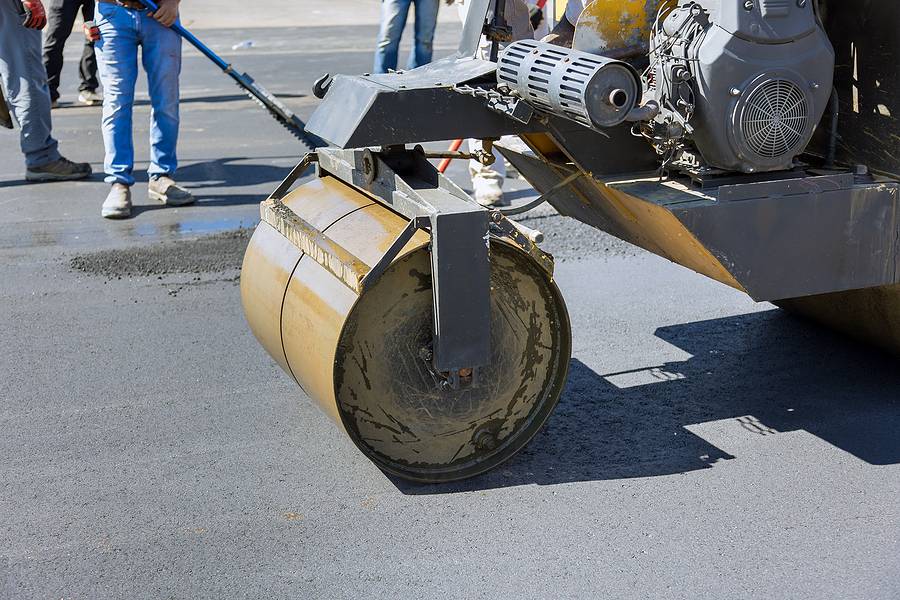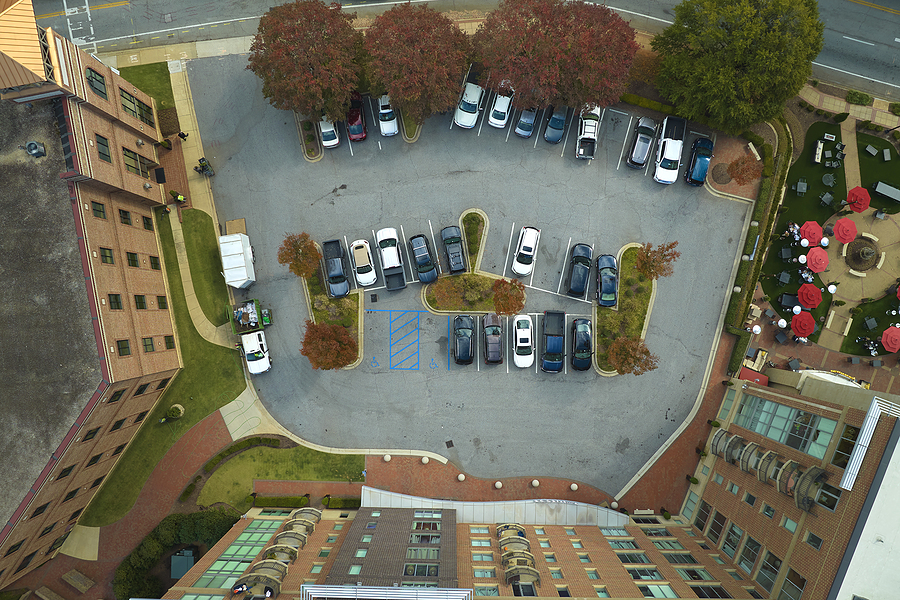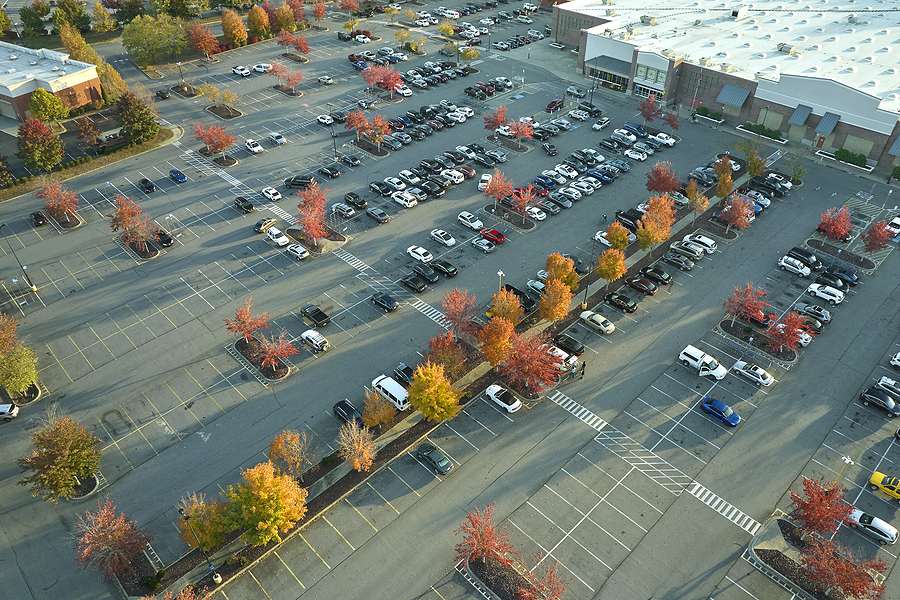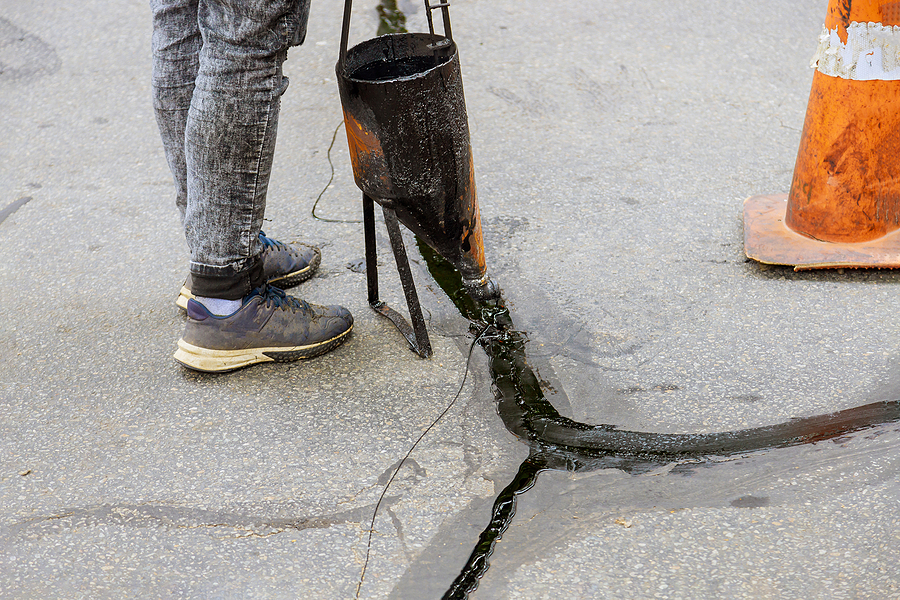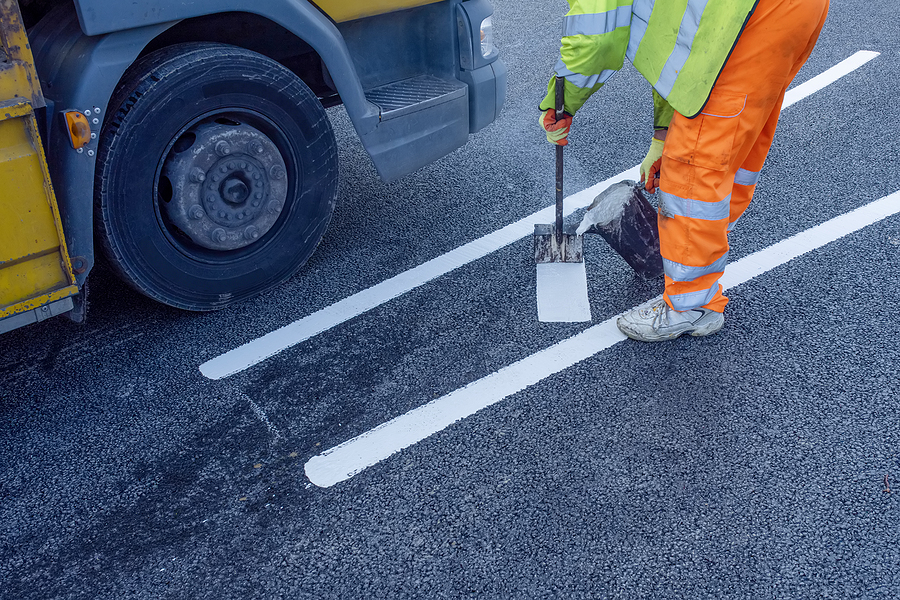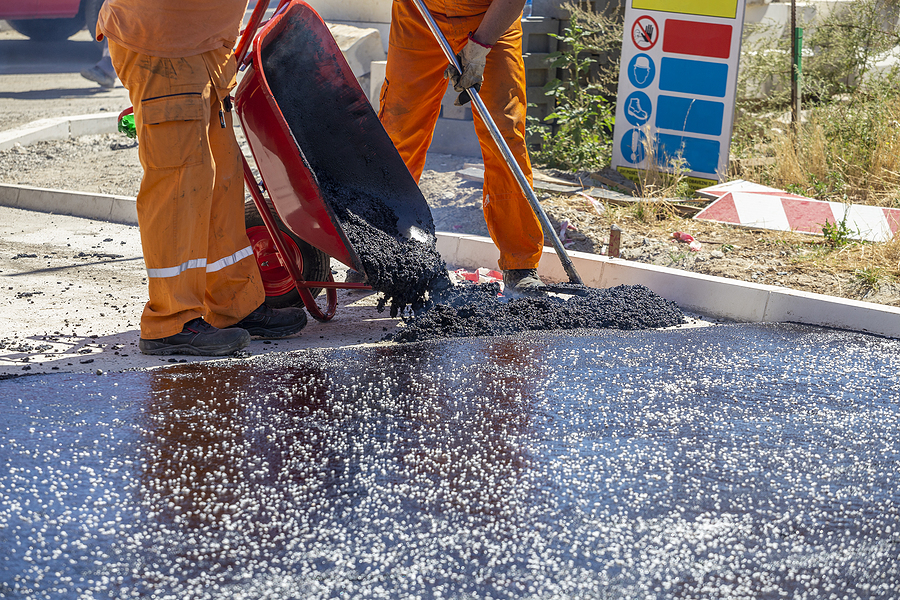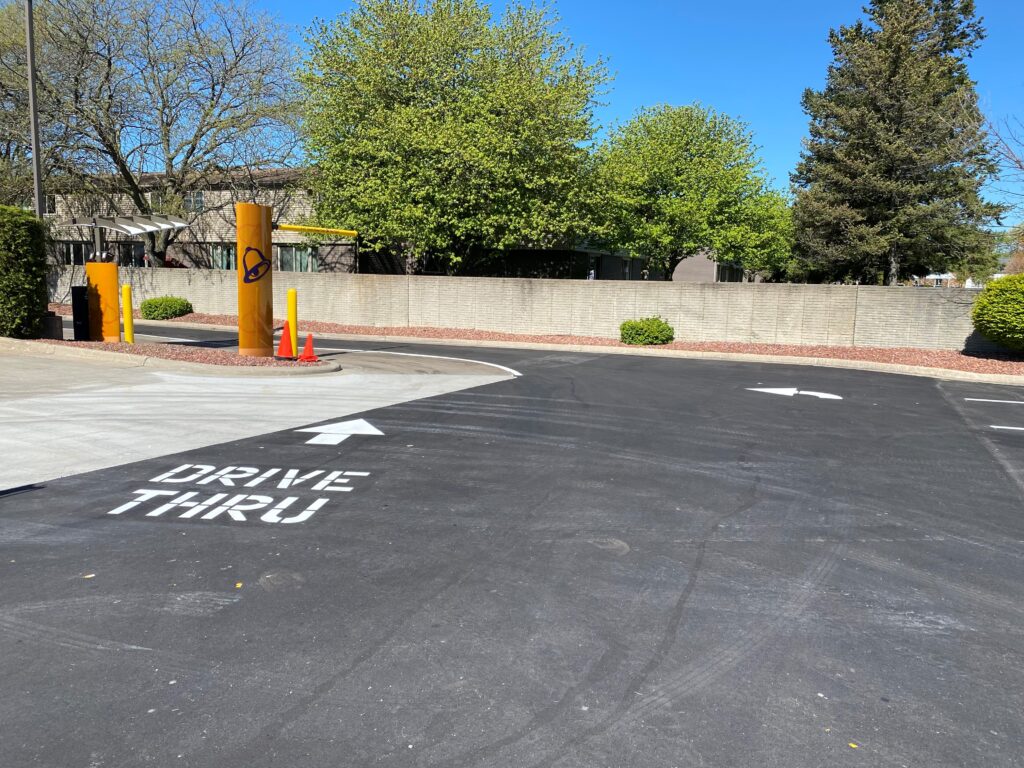In the competitive world of business, where every dollar counts and first impressions are crucial, the condition of your property’s paved surfaces may not be the first thing on your mind. However, this often-overlooked aspect can significantly impact your bottom line and your customers’ perception of your company. Timely pavement inspections go beyond mere aesthetics; they are a proactive measure that can save businesses a considerable amount of money in the long run.
In this post, we’ll explore the manifold reasons why making pavement maintenance a priority is a wise investment for any business owner. From avoiding costly repairs to enhancing customer experience, the benefits are clear and compelling.

Pavement Maintenance for Your Business Premises
When was the last time you paid attention to your business premises’ pavement? Chances are, it’s been a while. As long as there are no visible cracks or potholes, many business owners tend to overlook their pavements. However, the reality is that neglected parking lots, sidewalks, curbs, bollard posts, and more can pose significant safety hazards for both customers and employees. Uneven surfaces, large cracks, and potholes can all lead to accidents and potential lawsuits. By conducting timely pavement inspections and addressing any issues promptly, business owners can ensure the safety of their premises and avoid costly legal battles.
Apart from the obvious safety concerns, well-maintained asphalt and concrete pavements also contribute to a positive customer experience. The state of your property’s paved surfaces is often one of the first things customers notice when they visit your business. A smooth and well-maintained surface can create a positive first impression, while a neglected one can signal a lack of attention to detail and may even deter potential customers from entering your premises.
How Routine Pavement Inspections Save Business Owners Money
Avoid Costly Repairs
One of the most significant financial benefits of timely pavement inspections is avoiding costly repairs. Neglecting your paved surfaces can lead to severe damage, which not only poses a safety hazard but also requires extensive and expensive repairs. Small cracks and potholes may seem insignificant at first, but they can quickly escalate into more significant issues if left unchecked. By conducting regular inspections and addressing any minor damage promptly, businesses can prevent these problems from becoming more extensive and costlier to fix.
Extend Pavement Lifespan
Pavement is a significant investment for any business, and it’s essential to get the most out of it. Regular inspections allow you to identify small issues that can lead to concrete or asphalt deterioration over time if left unaddressed. By addressing these issues promptly, businesses can extend the lifespan of their pavement, saving them from the high costs of complete replacement. Moreover, regular maintenance and repairs can also prevent the need for frequent resurfacing, which is a significant expense that businesses can avoid by staying on top of their pavement’s condition.
Improve Customer Experience
The exterior of your business is often the first impression that customers have of your company. A well-maintained pavement not only looks professional, but it also provides a safe and smooth surface for customers and employees to walk on. On the other hand, damaged or poorly maintained pavement can be a deterrent to potential customers, giving them a negative perception of your business. By conducting regular inspections and keeping your paved surfaces in top condition, you are not only ensuring the safety of your customers but also enhancing their overall experience.
Avoid Legal Issues
Along with the financial benefits, timely premises inspections can also help businesses avoid legal issues. Neglecting pavement maintenance can lead to accidents and injuries on your property, which can result in costly liability claims. By regularly inspecting and addressing any potential hazards, businesses can mitigate these risks and avoid expensive legal battles.
Conclusion
In conclusion, timely pavement inspections are a vital aspect of business maintenance that should not be underestimated. By avoiding costly repairs, extending pavement lifespan, enhancing customer experience, and preventing legal issues, businesses can save themselves significant amounts of money in the long run. It’s essential to make pavement maintenance a priority and conduct regular inspections to identify any potential issues before they become more significant problems.
So don’t neglect your pavement – it’s an investment that can pay off in many ways for your business. Ongoing upkeep of your pavement ensures the safety and satisfaction of customers, helps maintain a positive image, and ultimately saves you money.
Now that you have learned about the many benefits of regular commercial pavement inspections, are you ready to schedule yours? Contact ACI Asphalt and Concrete at 317-549-1833 and give your business premises the care and attention it deserves! We offer asphalt and concrete work, including assessments, sealcoating services, pothole repair, and ready mix delivery services.
Related Posts:
The Key Benefits of Professional Asphalt Services for Your Business
Why Commercial Pavement Sealing is Essential for Your Business
Commercial Pavement Installation: What Every Business Owner Needs to Know

